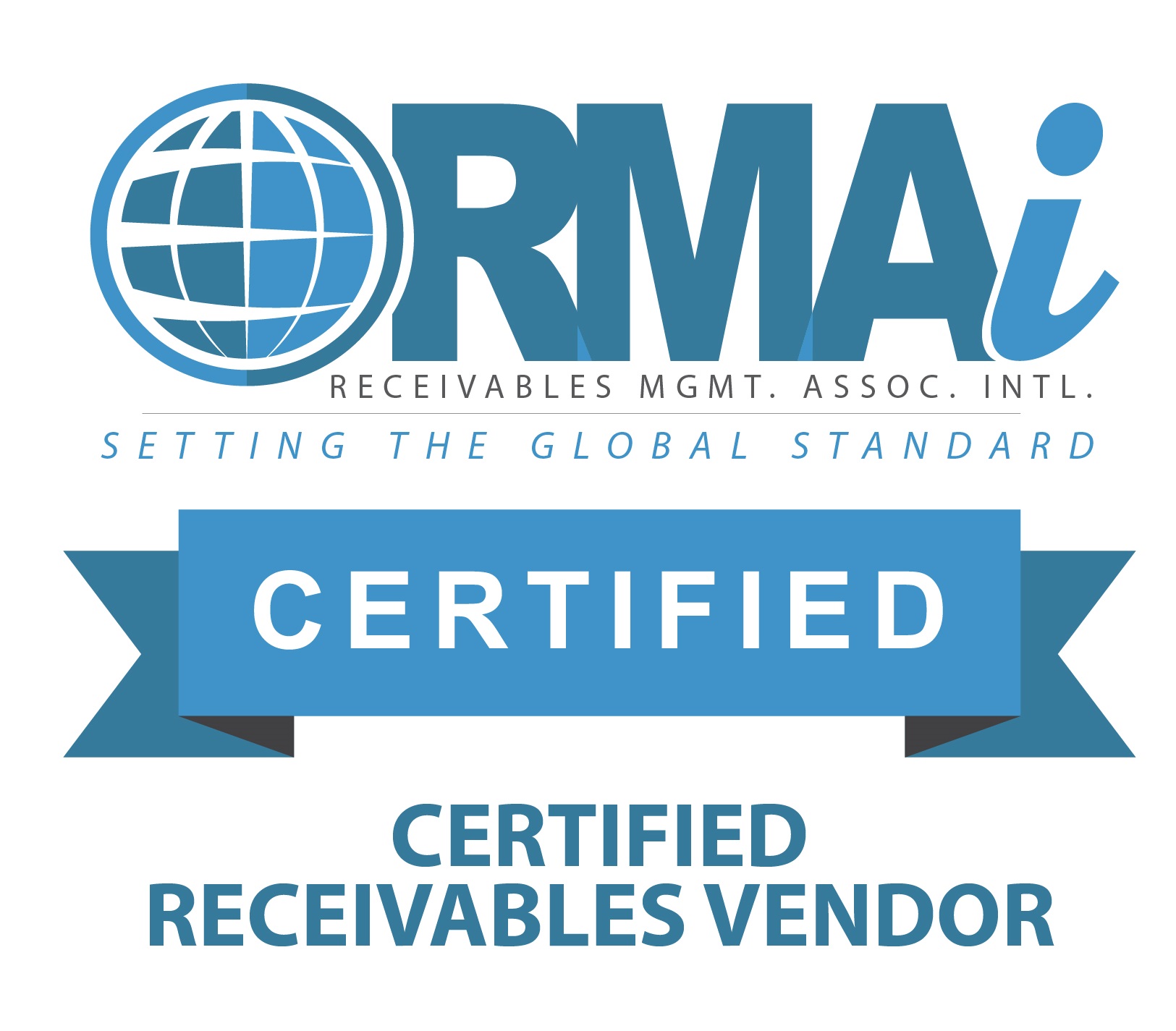View Sale Announcement Detail


Archived news
It's now been slightly more than five years since the passage of the Dodd-Frank Act, which directly revamped and tightened the regulatory environment surrounding financial institutions.
Even if not met with universal support at that time, the reasons for the act were clear. Something needed to give following the financial crisis, and the Dodd-Frank Act was the solution decided upon by lawmakers. However, since that time, there has been a lot of conversations about the impact of the regulation on financial institutions.
One specific focus has been community banks. Has the Dodd-Frank Act been the death knell for this type of bank? The answer depends on who you ask.
Rep. Tipton: Dodd-Frank is the end of community banks
One person who strongly believes that the Dodd-Frank Act marks the end of community banks is Rep. Scott Tipton, R-Colo., and member of the House Committee on Financial Services. Tipton wrote a guest post for the Colorado-based media outlet the Post Independent.
In that editorial, Tipton argued that Dodd-Frank has had a negative impact on community banks. He believes that the regulation unfairly restricts smaller banks, none of whom had a direct effect on the financial crisis. There are too many new rules facing community banks, and that makes for an unfair compliance burden.
"I heard firsthand how much of a toll this law has taken on banks that are the lifeblood of small communities' economies," Tipton wrote in his opinion piece. "Instead of hiring tellers and loan officers, these banks are hiring compliance staff in order to keep up with new regulations."
Overall, Tipton's argument that Dodd-Frank is the end for community banks centers around these points:
Of course, there is a flip side to this coin.
Specific regulations may be to blame
According to other analysts and community banks, Dodd-Frank may not actually be as harmful toward community banks as it seems on the surface. However, it is worth noting that the consensus is not favorable.
"No single institution is going to tell you, 'I closed because of Dodd-Frank,' but what they will tell you is, 'in no way did Dodd-Frank help me stay open,'" James Ballentine, executive vice president of congressional relations and political affairs at the American Bankers Association, told American Banker.
On a large scale, Dodd-Frank isn't killing community banks. But specific elements of the act could be, according to American Banker. Some bankers are highlighting specifics of the law that are harmful, like the formation of the Consumer Financial Protection Bureau and the qualified mortgage rule, just to name a few examples.
One of the biggest issues simply appears to be the compliance paperwork. There are bankers who say that their institutions haven't change a whole lot of their processes since Dodd-Frank - just how they handle the paperwork. Compliance officers are in demand, and existing ones have to spend more time than ever before parsing through regulations. This changes how banks allocate funding and resources.
There is no question that the Dodd-Frank Act has reshaped the financial services industry. Any questions or concerns can be discussed with loan sale advisory firm Garnet Capital Advisors.







